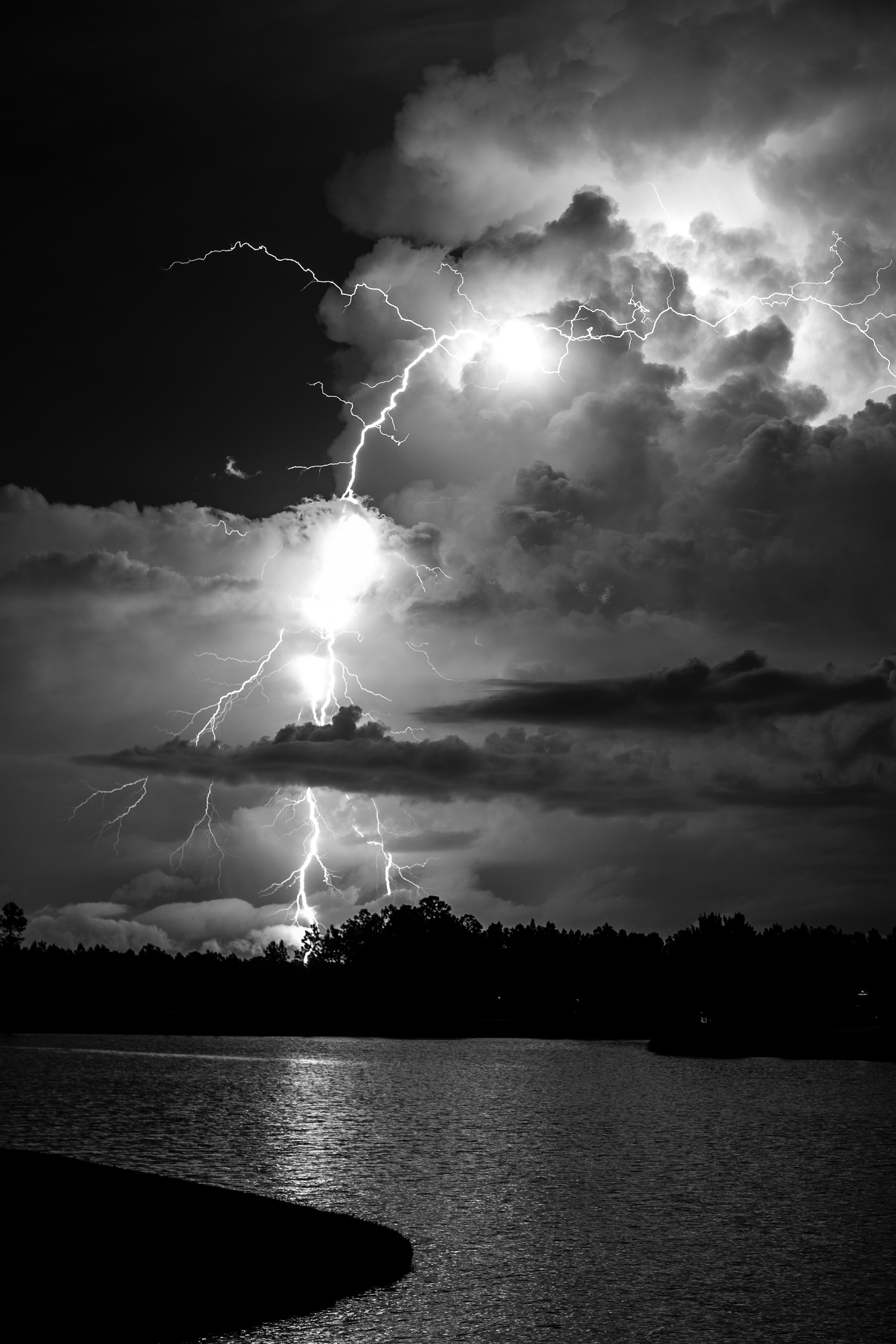Emily Dickinson, "Fame is the one that does not stay" (Franklin 1507)
There is no way to talk about being American without confronting Emily Dickinson.

Rose Casey's "In Defense of Imagination" will have you wanting to read and teach Ken Liu's "The Paper Menagerie" immediately. I hate saying stuff like "the humanities will save us," but in the face of those who want to abuse others, it's so clear what the humanities can represent. The alternative to the humanities would be unthinkable, if it weren't for the fact the planet is burning.
Below, I've written on a poem of Dickinson's about "Fame." Dickinson has several such poems and I'll address them in future posts. For now, I'm concerned with the political relevance of fame. Politics isn't just who's invited to the table. It's whether we even see other people in the first place.
There is no way to talk about being American without confronting Emily Dickinson.
You scoff. We have to survive. There's money to be made, cars the size of houses to buy. Work must be done, and if we never leave our mom's place, it's because we're saving. There's no time for poetry. If we're not taking our survival seriously, then we're too weak and misguided to make it in this country.
And just look at the first word of this poem: "Fame." Who has time for that? Sure, you've spent most of the day watching YouTube–watching people try to become famous–but that's not practical. What is practical: working long hours for a certain but small paycheck and no healthcare.
I humbly suggest that Dickinson's invocation of "Fame" does more than put her in dialogue with literary titans who mused about its relation to immortality. It also serves as a comment on American origins. The Framers were practical men who studied law, built businesses, and advanced technology. They also sought fame. They fought to establish a country and spoke like they should be quoted for generations forthcoming. "Fame" isn't just something influencers and reality tv contestants want. It is wrapped up in the question of being or giving more.
Fame is the one that does not stay (Franklin 1507) Emily Dickinson Fame is the one that does not stay — It's occupant must die Or out of sight of estimate Ascend incessantly — Or be that most insolvent thing A Lightning in the Germ — Electrical the embryo But we demand the Flame
Dickinson meditates upon a thesis: "Fame is the one that does not stay." She illustrates it with some fantastic, musical lines. "[O]ut of sight of estimate / ascend incessantly" and "Electrical the embryo" make the way fame kills us famous. Moreover, as she reflects on its instability, her concentration grows.
To repeat, she begins by telling us that "Fame is the one that does not stay." Thus, "It's occupant must die." That seems simple enough. One line to describe what fame does to us. If it outlasts us, it has left us, and that is what we would like it to do. But then she takes two lines to explain another way fame leaves. "Or out of sight of estimate / Ascend incessantly." If we're famous, or if someone else is famous, we have no idea what is going on. Our "estimate" of the situation is impossible, as everything relevant ascends incessantly out of sight. Who or whatever is famous keeps moving heavenward, and we can only see so much. Finally, she takes four lines to say fame is "that most insolvent thing," "A Lightning in the Germ." There are those of us who are justly famous, for as "Lightning in the Germ," embryos "Electrical," we are seeds containing our own power, but our power will vanquish us. A justly famous legacy not only outlives other details of our lives, but often requires the fullest dedication and effort.
Dickinson's poem has a wistful quality. She may not want fame, but the opportunity for it in her lifetime is not apparent. To that end, her first two musings on fame–"It's occupant must die" and "out of sight of estimate / Ascend incessantly"–lend themselves to notions of fame we might not take too seriously. Having no control of one's reputation, for good reasons or bad, isn't worth thinking about. What is worth thinking about is the situation where we have some control, where the letters we put on paper are "Lightning in the Germ." Or, to specify the problem, the situation where we should have control. You're writing and no one cares. Every creator goes through this, but some know they are having a dialogue with Shakespeare or Plato everyone should attend. In Dickinson's case, no one even knows its happening.
Thus, that last line hits especially hard. "[W]e demand the Flame." There's this electric embryo that could power generations if we dare to watch it. If we care. But we need it to burn, we need the flame, we need things to be visible in order to appreciate them. And this country has put many in situations where they will be invisible whether they are an artist or not. Therein lies the dialogue with the Framers: some people get the opportunity to write their names on an entire nation, to set their ideals up as idols. What of those of us within? What of those of us inside literal idealism? Fame is much more temporary for us when we were explicitly promised it was not. "All men are created equal," and while not all opinions are equal, all serious and thoughtful voices are meant to rise. An Enlightenment republic, built on human reason, implies slightly less ancestor worship and more "Lightning in the Germ."
